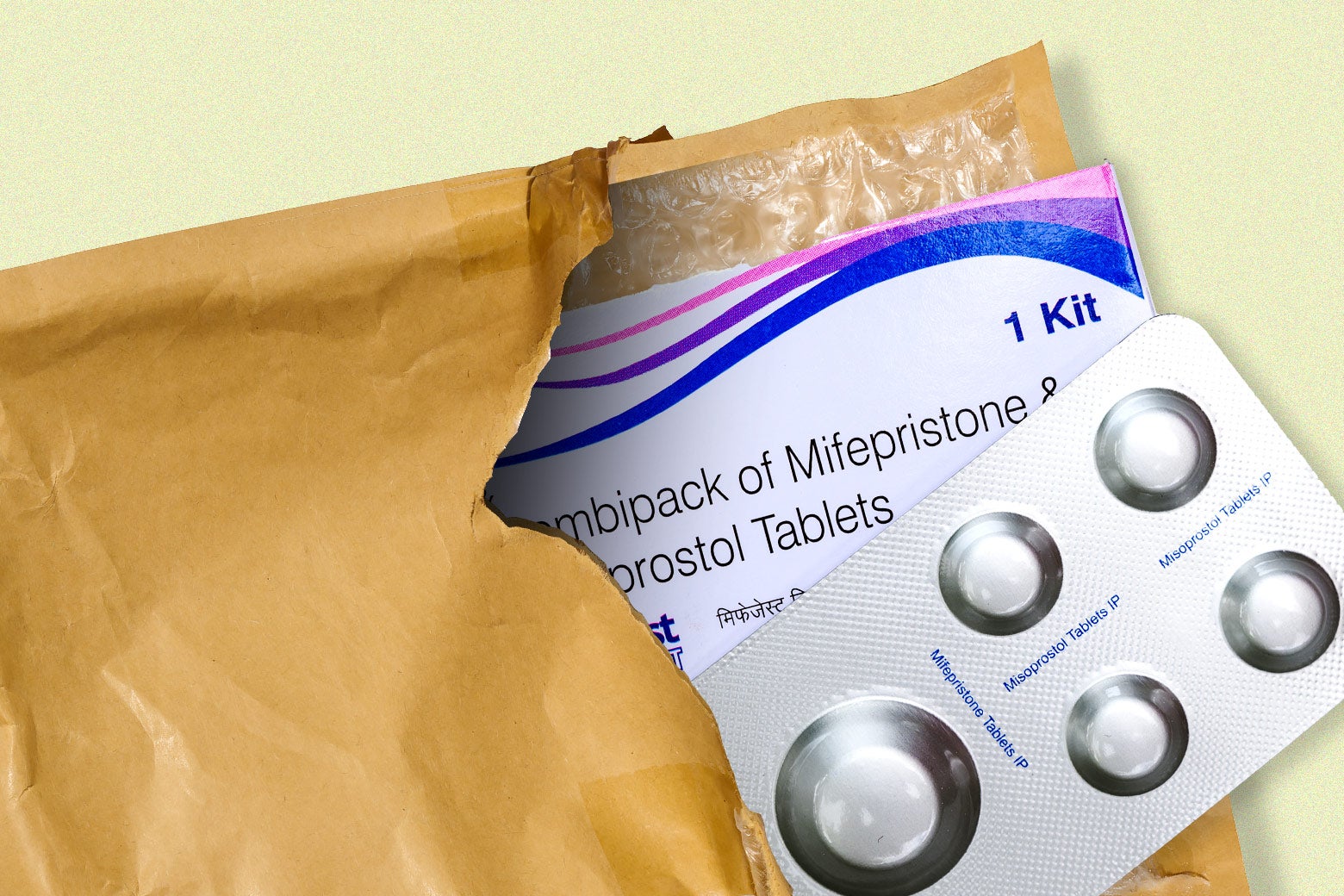Politics
Surge in Non-Pregnant People Ordering Abortion Medication

The surge in orders for abortion medication from individuals who are not currently pregnant raises eyebrows in the shifting legal landscape surrounding reproductive rights in the U.S. This trend, known as the advance provision of medication abortion, reflects a proactive approach by some to secure access to necessary care amid concerns over evolving state laws. Since the Supreme Court’s decision in Dobbs v. Jackson Women’s Health Organization in 2022, many have begun to stockpile abortion pills, anticipating may need them.
The organization Aid Access marked a dramatic increase in requests for these pills, escalating from 6,000 pre-Dobbs to over 42,000 during the following months, as anxiety surrounding court rulings and legislative changes grew. The alarming rise in demand illustrates a broader culture of uncertainty regarding reproductive health access, particularly as more than half of the states have imposed stringent restrictions or outright bans on abortion.
Research indicates that this phenomenon carries motivations beyond just legal fears. In interviews with purchasers, many highlighted the desire to not only prepare for personal emergencies but also to support friends and family. The act of securing these medications has been likened to having essential safety items readily available—much like having a fire extinguisher handy.
What stands out is the profound concern expressed by those who face health challenges that could complicate a pregnancy. Individuals seeking to conceive yet acutely aware of the potential risks associated with their health histories are taking this precautionary route. This awareness has intensified since the Dobbs decision, with many fearing that should complications arise during a pregnancy, the lack of local access to abortion care could jeopardize their well-being.
These insights reflect a rising apprehension not just about the legality of abortion, but also about the practical impact of restrictions on medical care. Recent reports indicate that some women have tragically lost their lives due to the refusal of medical intervention linked to abortion bans. This alarming trend underscores the broader implications of restricted access to reproductive health services.
In a world where the rules governing reproductive rights are constantly in flux, the advance provision of medication abortion emerges as a potential solution. It highlights the lengths to which individuals will go to safeguard their health amid a precarious legal environment. As they navigate this challenging terrain, many are opting to take control of their reproductive futures, in whatever ways they can.
